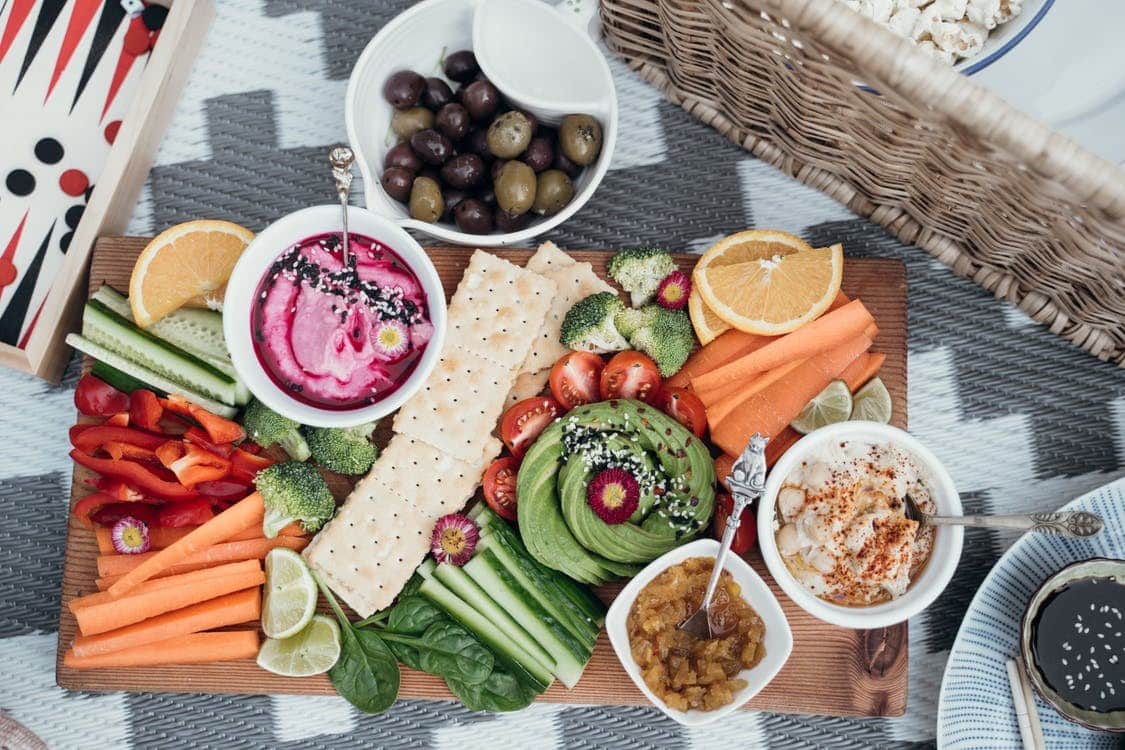For several reasons,
making a choice for veganism and giving up the use of all animal products and their derivatives is crucial today.
According to Associação Vegetariana Portuguesa (AVP), the Portuguese are ready to reduce meat consumption and pay more for sustainable production. In Portugal, where meat and fish are traditionally eaten, the number of people willing to reduce meat consumption is growing.
According to data collected by the II Great Sustainability Survey in Portugal, conducted by Luísa Schmidt and Mónica Truninger, researchers from the Institute of Social Sciences (ICS) of the University of Lisbon, more than half (50.6%) of the participants showed a predisposition to reduce meat consumption and to adopt a plant-based diet (45.1%).
Lantern, a renowned food consultancy with in-depth knowledge and experience in the Iberian market, produced a second study named "The Green Revolution" to better understand the Portuguese vegetarian customer.
The majority of Portuguese veggie consumers, or 7.4%, or 628,000 people, were flexitarians, according to data from "The Green Revolution" (2019). A total of 1.6% of Portuguese people would be vegetarians or vegans, or 0.9% of the population, or 76 thousand, and 0.7% of the population, or 60 thousand, respectively.
What makes flexitarians, vegetarians, and vegans different?
Flexitarians
Flexitarians are people who choose to eat vegetarianism for most of their meals, but occasionally incorporate meat or fish in their meals as well. In other words, these people have drastically reduced their meat and fish consumption but have not completely given them up.
Vegetarians
Vegetarians can eat animal goods and products, including milk, eggs, and honey, even though they don't eat meat or fish.
Vegans
Vegans are persons who choose not to consume any foods or other necessary consumer goods such as clothing, footwear, or cleaning and hygiene products that come from animals. This indicates that they do not include any food that contains an animal product or byproduct, such as gelatin, honey, dairy products, or eggs.
The data demonstrate a new scenario for the food sector due to the growing popularity of this lifestyle, which forbids using or consuming anything derived from animals and opposes animal abuse and suffering. In other words, more and more individuals nowadays seek ethical, sustainable, and healthful eating.
The primary justifications for going vegan
According to ICS researcher Luisa Schmidt, the results demonstrate that "the Portuguese have included the health problem into their concerns." This is evident in focus on all aspects of food waste, she added, as well as the worries about pesticide use, bacterial contamination, and the use of hormones in food.
Particularly in the elder age groups, this is apparent. It is frequently an ethical and societal decision regarding younger age groups. The primary problems for vegetarians and vegans are different. Concern for the environment is the primary driving motivation, according to the majority (73%) of respondents, who also cite concern for animal welfare and rights (69%).
Environmental Concern
Besides animal cruelty, one of the most serious consequences of meat, milk, and egg consumption is the serious environmental impacts that their production causes:
Greenhouse effect - Livestock is responsible for 15% of total greenhouse gas emissions, surpassing even emissions caused by transportation.
Deforestation and land use - 75% of the planet's arable land is used for pasture and animal feed production. Many of these areas are the result of the clearing of native forests. In the coming years, there is not enough land, water, and inputs to produce enough meat, milk, and eggs to feed the growing world population.
Food waste - Half of all the protein produced worldwide is used as feed. Cows, pigs, and chickens consume far more food than they produce. An animal consumes about 10,000 calories and produces only 1,000 calories in the form of meat - a waste of 90% of the food consumed.
Water wastage and pollution - The agricultural sector is the largest user of water resources, according to the Food and Agriculture Organization of the United Nations.
